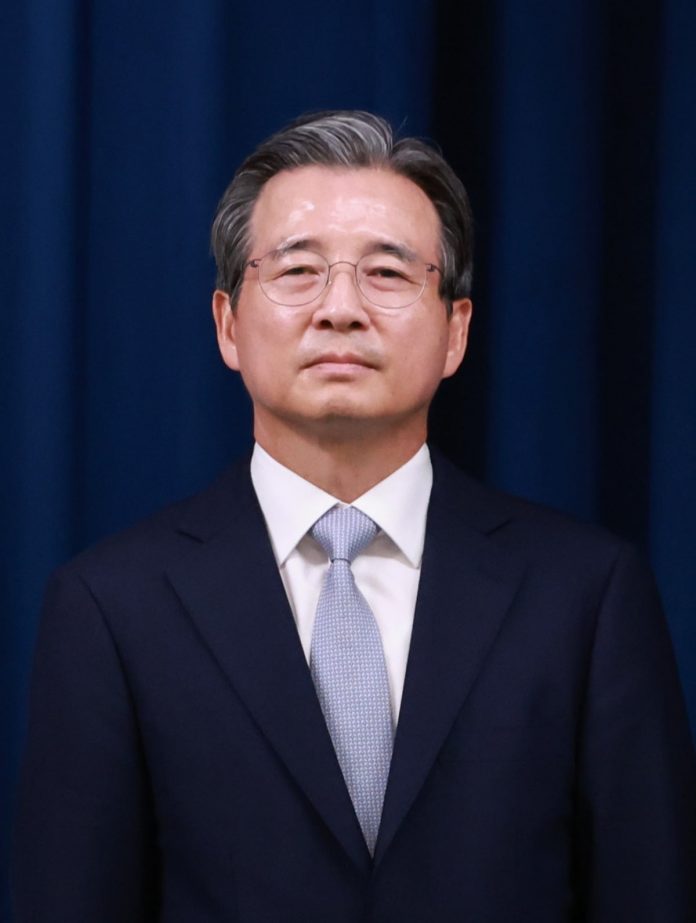
On June 6, President Lee Jae-myung appointed Kim Yong-beom, former First Vice Minister of Finance, as the inaugural Chief Policy Officer of the new administration. The appointment of a veteran bureaucrat turned digital asset think tank leader marks a bold departure from the conventional economic leadership structure and sends a strong message about Korea’s future direction in digital policy.
Kim brings extensive experience from global finance and public service. He has held roles at the World Bank, served as Vice Chairman of the Financial Services Commission, and was a key architect of South Korea’s capital market reforms. Most recently, he served as the head of Hashed Open Research, a blockchain policy institute under leading crypto VC Hashed, where he championed blockchain, stablecoins, and Web3 governance innovation.
In recent months, Kim has been a vocal advocate for introducing a KRW-pegged stablecoin, arguing that its rapid institutionalization is vital for Korea’s monetary sovereignty. “We must design and implement a regulated Korean won stablecoin ourselves,” he emphasized during the “Design Blueprint for KRW Stablecoins” seminar in May. He called stablecoins “no longer a financial experiment but a restructuring of monetary power and a strategic national imperative.”
Kim also played a pivotal role in saving Korea’s crypto market in 2018, when he opposed a blanket ban proposed by the Justice Ministry and instead pushed for real-name verification systems—laying the foundation for the legal crypto trading infrastructure that exists today.
Now, as Chief Policy Officer, Kim will oversee economic strategy across key sectors, including AI innovation and digital transformation. His dual expertise in both traditional financial systems and frontier digital economies is expected to shape Korea’s path toward becoming a global digital asset hub.
Industry insiders view his appointment as a game-changer. “He’s one of the few who can truly bridge policy and innovation,” said an executive at a leading blockchain firm. “We expect strong momentum in Korea’s digital asset sector under his influence.”
Kim has frequently used his personal social channels to publish sharp critiques of Korea’s economic structure. In a recent post, he warned of a “broken circuit between consumption, production, and employment,” calling for a re-design of fiscal spending to better link public outlays with private-sector growth.
A graduate of Seoul National University and holder of a Ph.D. in economics from George Washington University, Kim has worked in the government, global financial institutions, and most recently the private sector. His hybrid career path positions him as an ideal strategist for navigating Korea’s complex economic transformation in an era of technological disruption.






